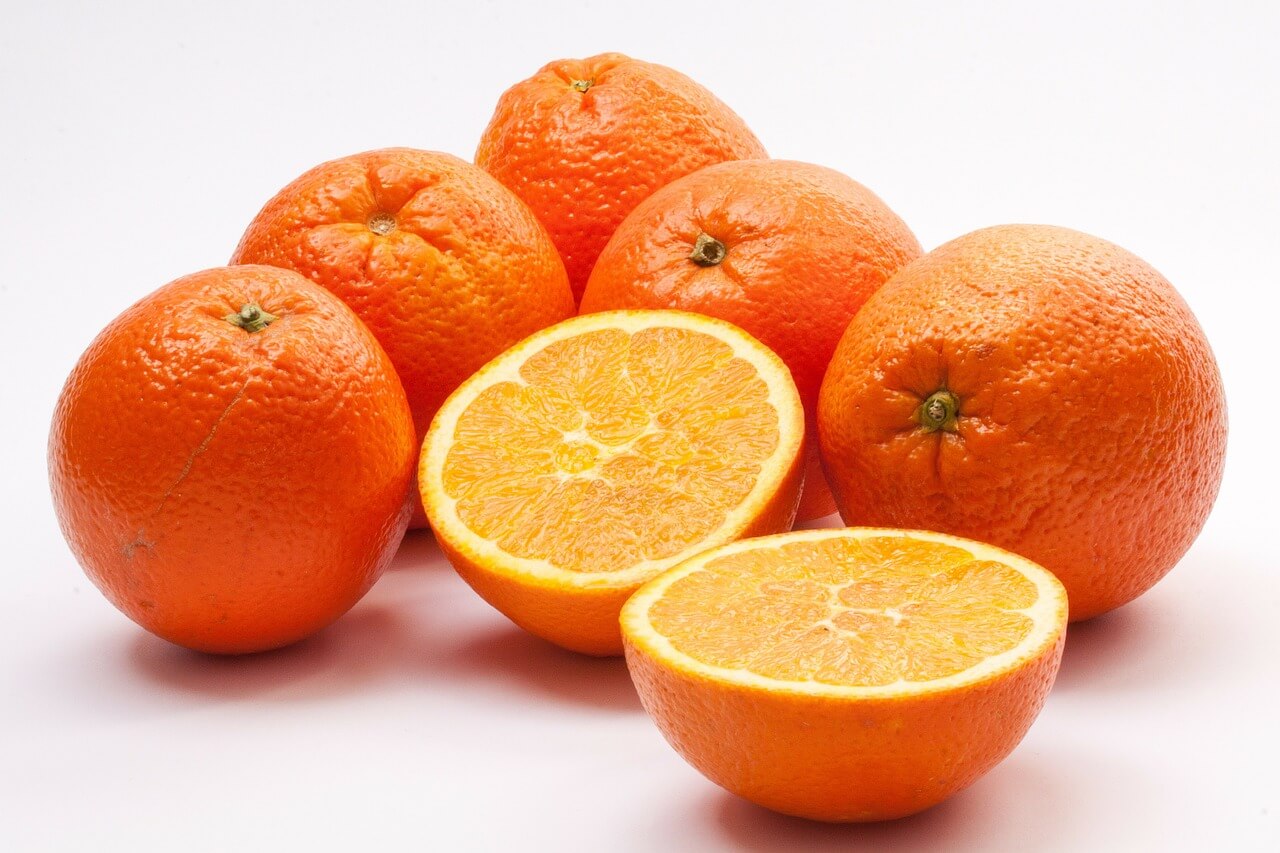Oranges are vibrant and versatile citrus fruits that play a prominent role in the cuisines of many cultures around the world. Their refreshing flavor and distinctive acidic touch make them a appreciated ingredient in both sweet and savory dishes.
In baking, oranges provide their natural sweetness and acidity, which makes them ideal for making desserts. From cakes and pies to cookies and ice cream, oranges add a unique dimension to flavor. The shell of orange Candied is used to give a special touch to many bakery products, while orange juice is used in glazes, sauces and fillings, providing a fresh and citrus touch.
Oranges in the kitchen
In savory cuisine, oranges also play an important role. Its segments can be used in salads to provide a juicy and acidic contrast. Additionally, orange pulp and juice are key elements in preparing marinades for meat and poultry, adding a citrus touch that enhances flavors. Combining oranges with savory ingredients like olives, onions, and herbs creates vibrant, balanced dishes.
In Mediterranean cuisine, oranges are an essential component. Also in Spanish cuisine, for example, they are used in emblematic dishes such as orange and onion salad, which combines their sweetness with the intensity of the onion and the softness of the olive oil. In Moroccan cuisine, oranges are incorporated into tagines, providing a delicious contrast to the spicy and earthy flavors of stews.
In addition to their versatility in the kitchen, they are also appreciated for their healthy properties. They are rich in vitamin C, antioxidants and fiber, making them a nutritious choice for any balanced diet.
In short, oranges are much more than just a fruit; They are a fundamental ingredient in gastronomy that provides flavor, freshness and versatility to a wide variety of dishes. Whether in sweet desserts or savory dishes, oranges continue to be an essential element that elevates the quality and flavor profile of many culinary creations around the world.







